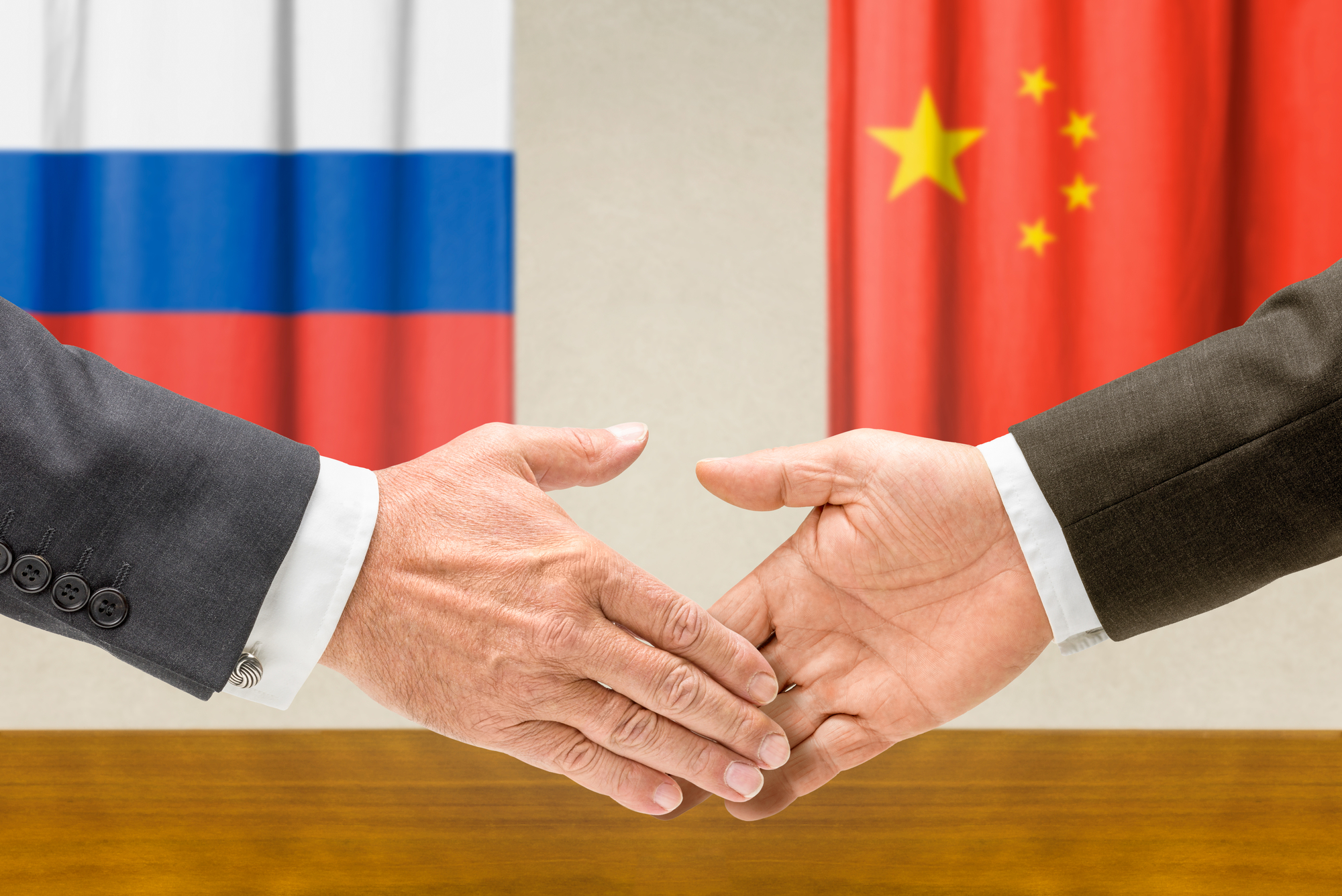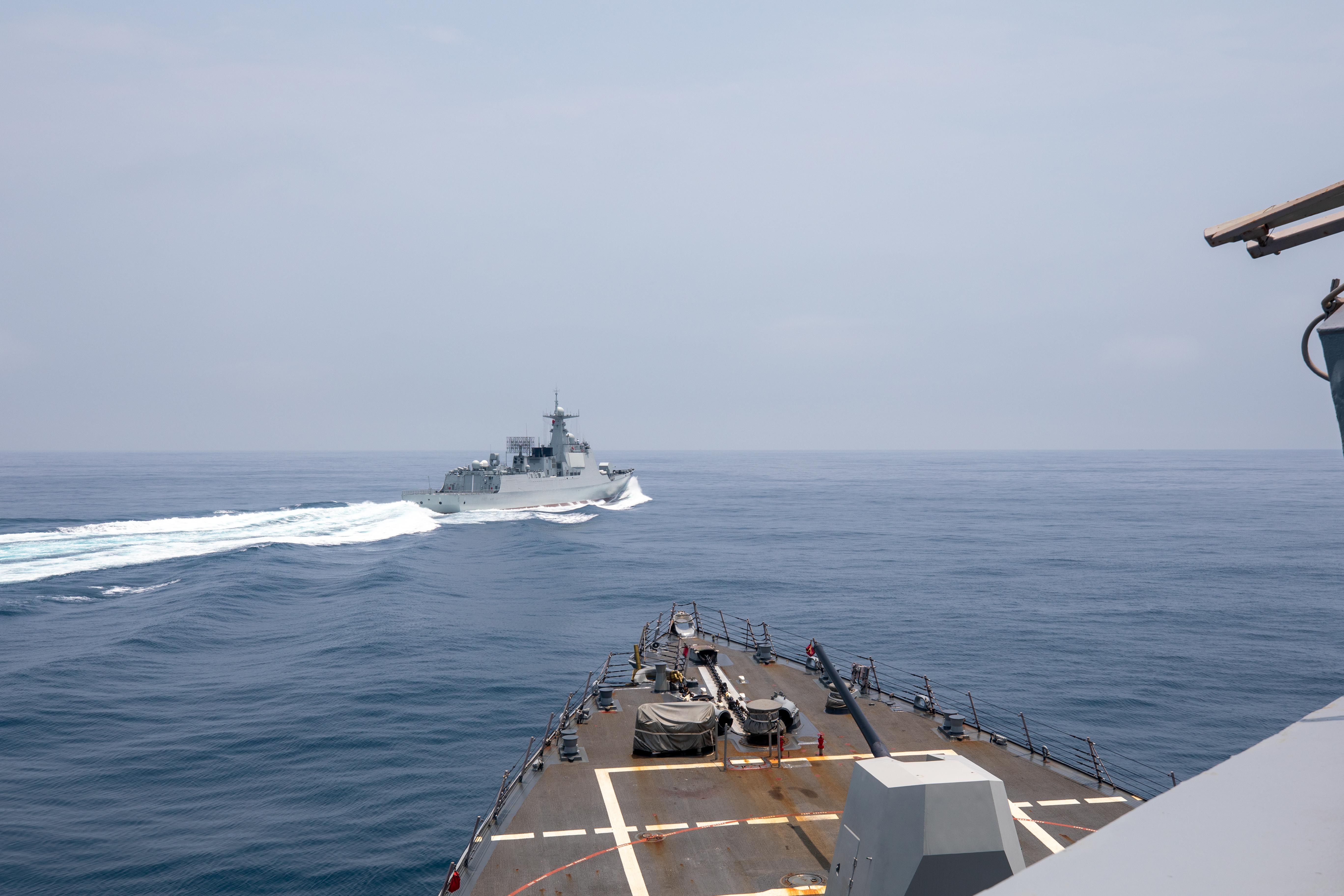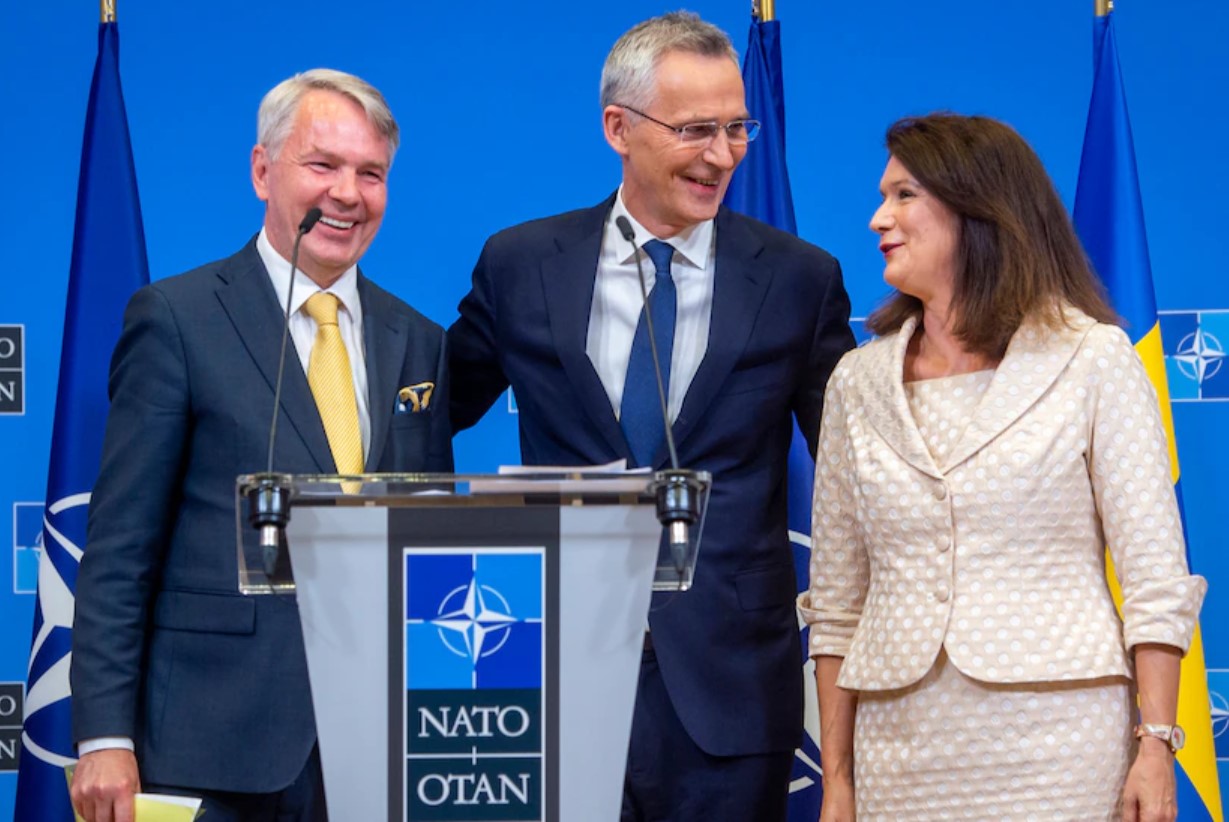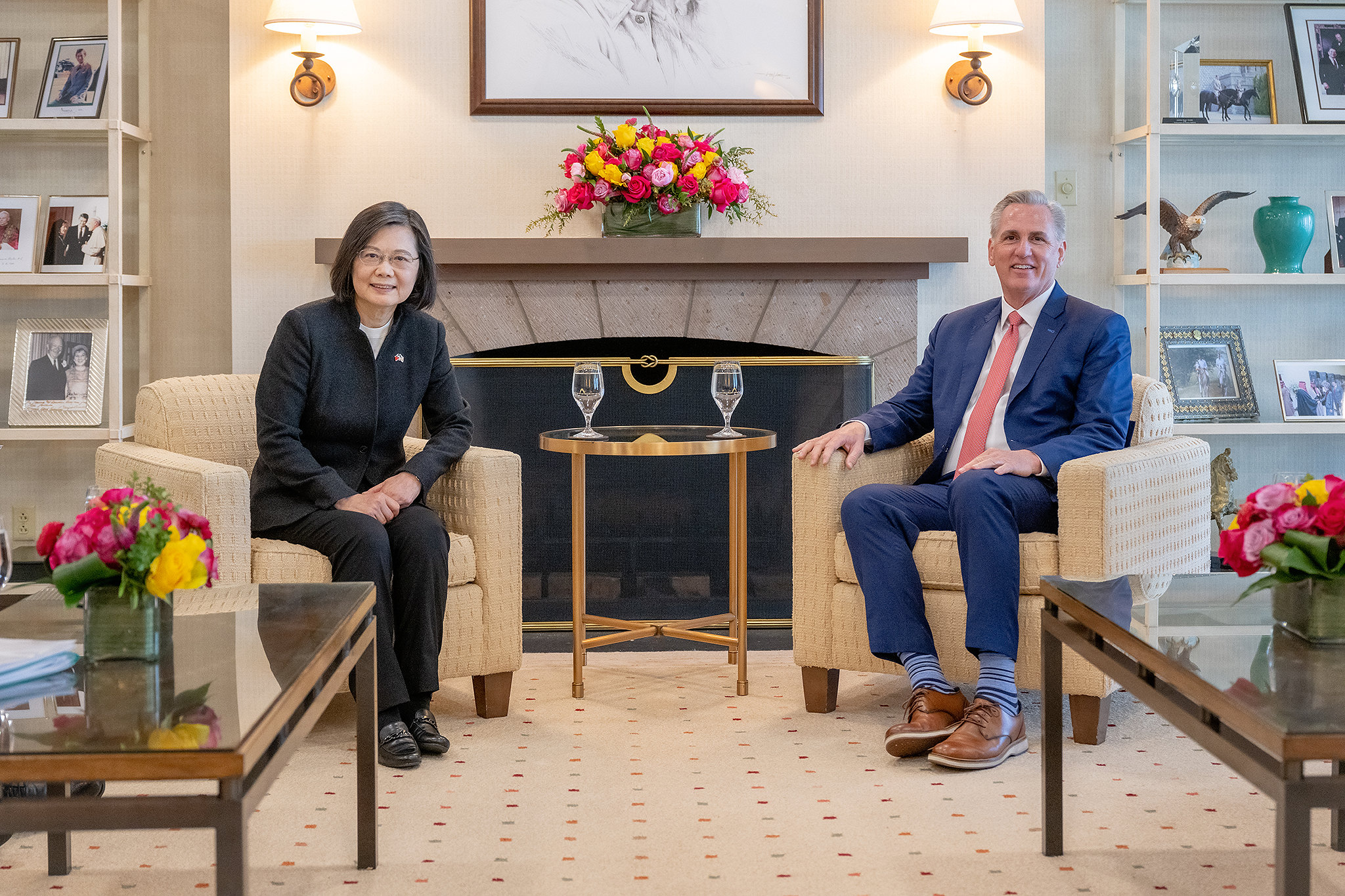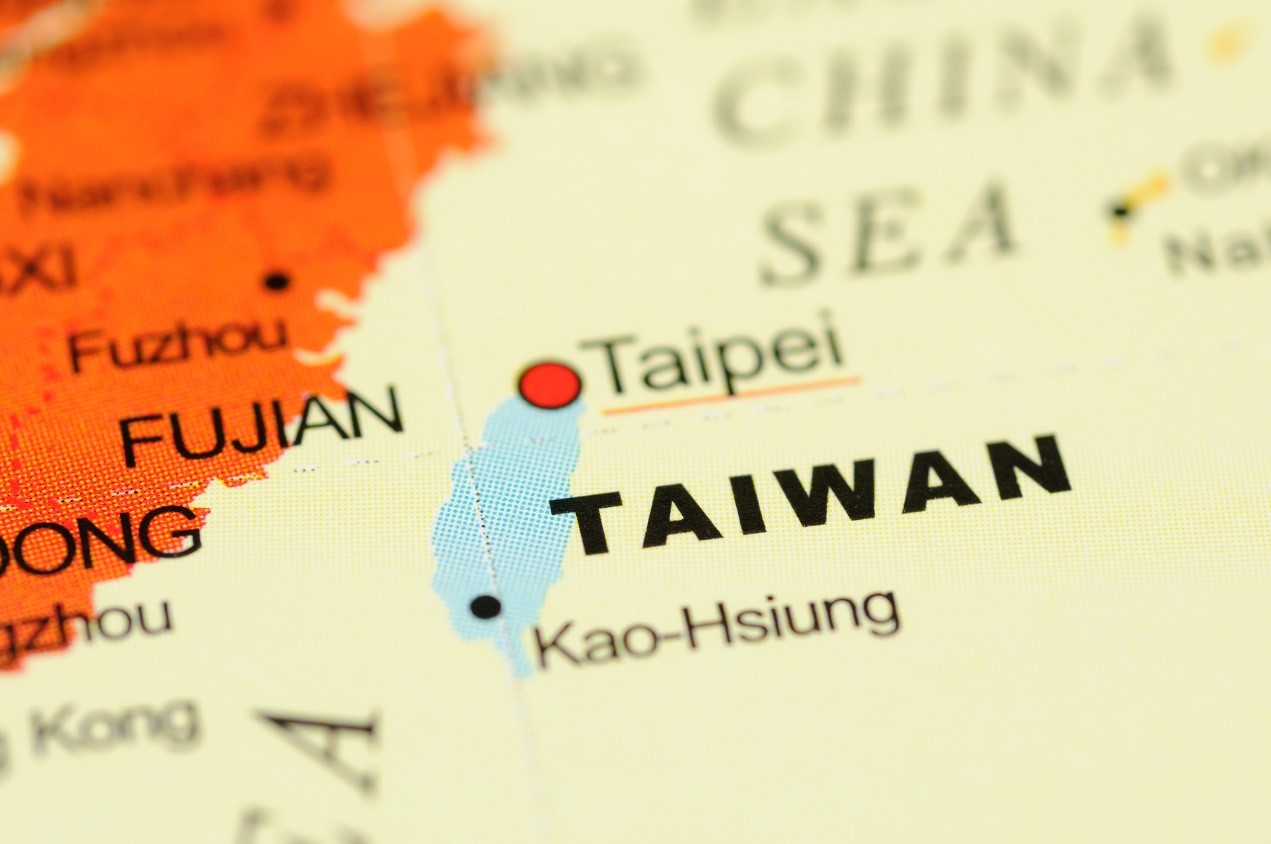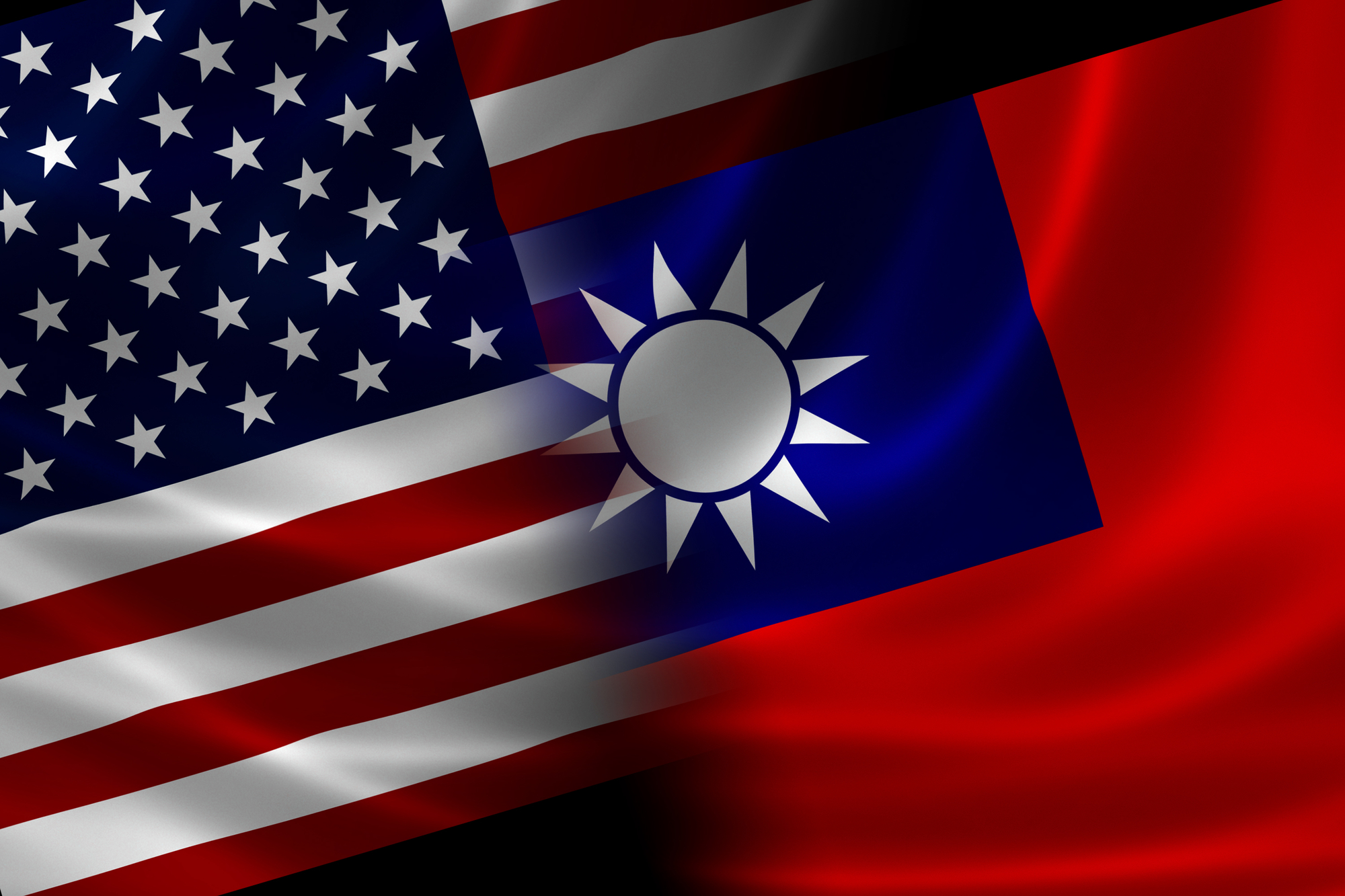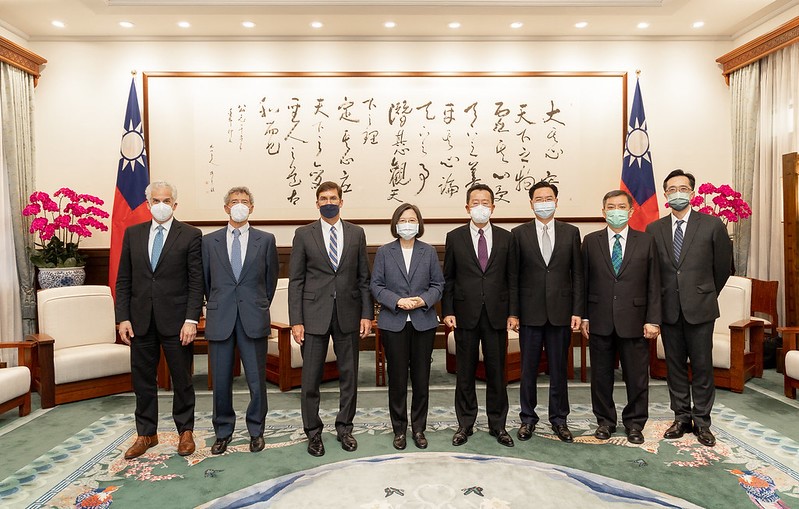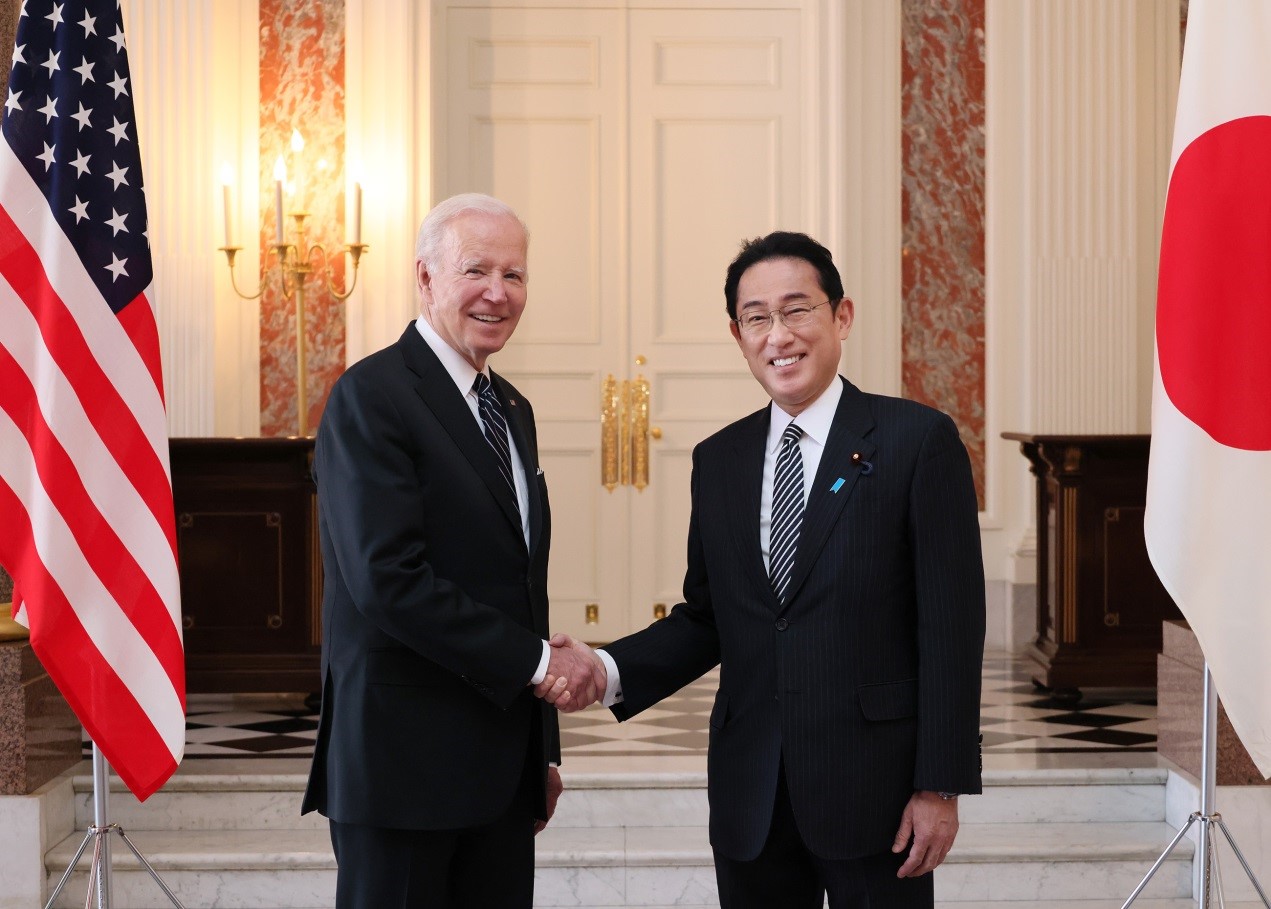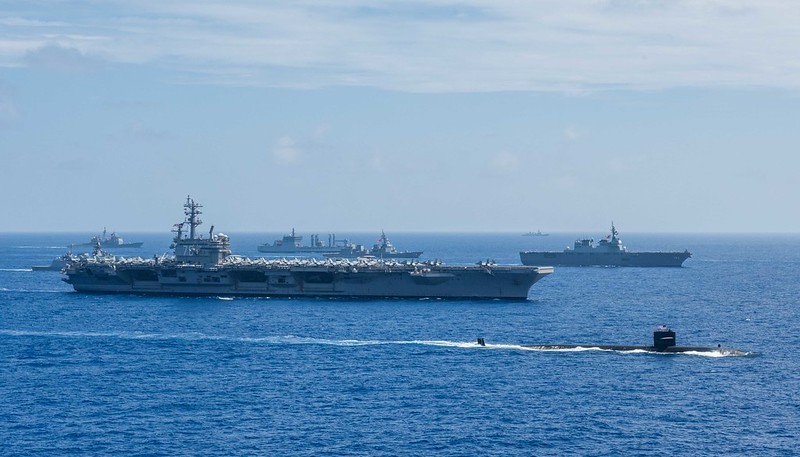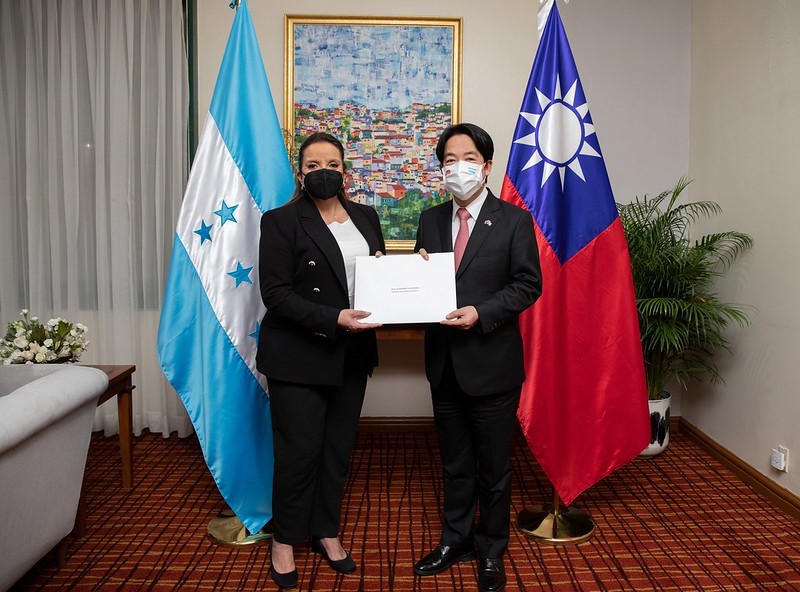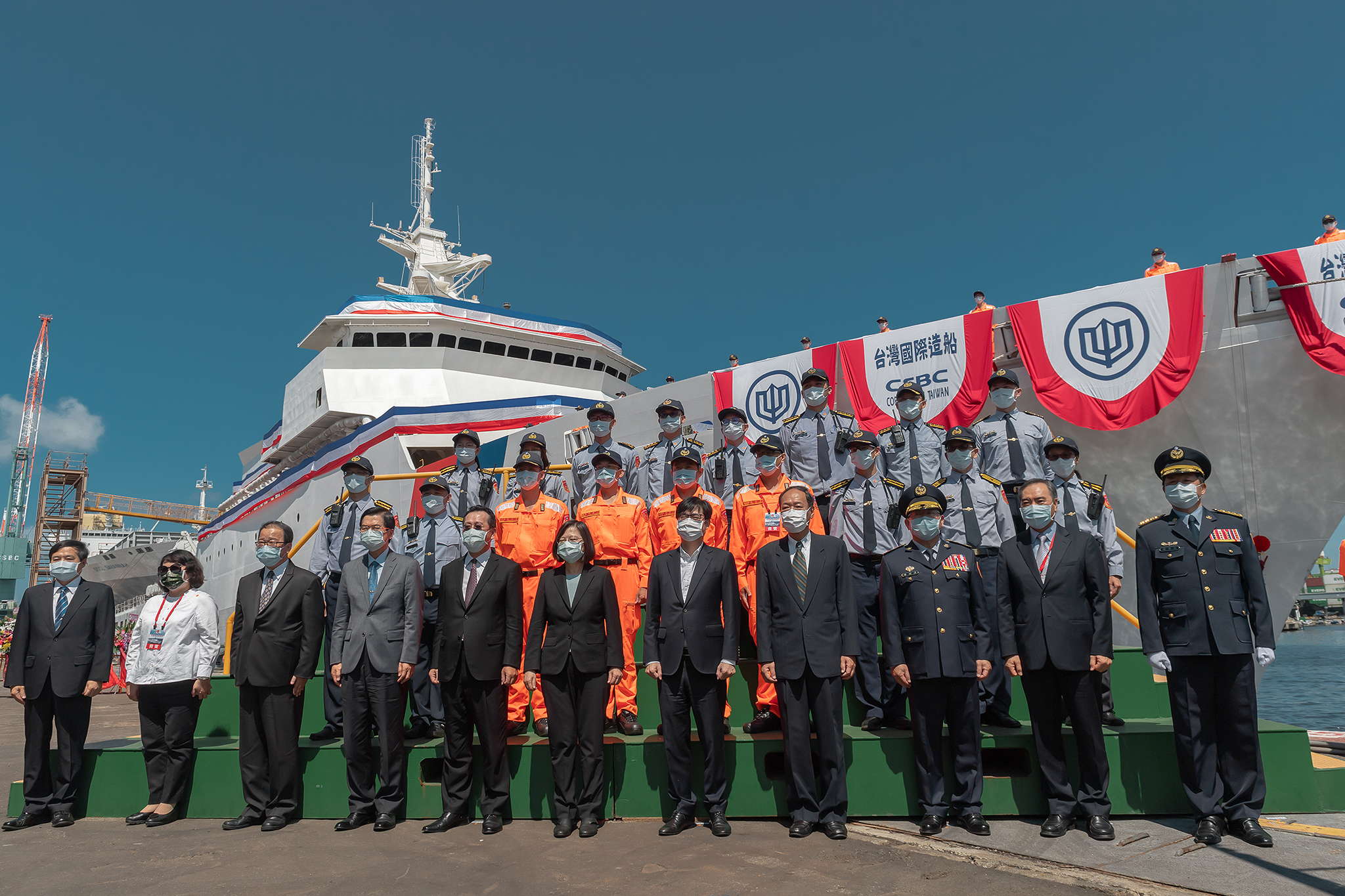If Beijing was planning to count on Russia as a strong ally for its self-declared fight against the hostile West in general and the U.S. in particular it will probably have to change plans. Russia’s political and economic future looks grim.
Picture source: Depositphotos.
China and Russia and Asian Security – The (Bad) Company You Keep
Prospects & Perspectives No. 27
By Axel Berkofsky
If Beijing was planning to count on Russia as a strong ally for its self-declared fight against the hostile West in general and the U.S. in particular it will probably have to change plans. Even if Moscow’s aggressive propaganda and disinformation campaigns suggest otherwise, Russia’s political and economic future looks grim and even the energy-hungry China can only buy 10 percent of the gas and oil Russia sold to Europe before Russia’s attack on Ukraine. If Beijing decided to export weapons to Russia – the kind that go beyond Chinese-made assault rifles (according to customs data referred to as “hunting rifles,”) Chinese companies can expect to be sanctioned by the European Union (EU). That is, if we can believe EU Commission President Ursula von der Leyen announcing sanctions against Chinese companies that provide Moscow with what is referred to as “lethal support” for the Russian armed forces.
So far, Beijing has seemed to be confronted with the half-hearted Western threats to confront China heads-on. A few days after the International Criminal Court issued an international arrest warrant against Russian dictator Putin, his dictator colleague, Xi Jinping, paid him a visit in Moscow. While Putin’s care-free travel will be limited to countries like China, Syria, Iran, Cuba and North Korea, Xi seems to have concluded that getting on a plane to rub shoulders with a war criminal is not big deal. “You do not have to worry if you do not have a reputation to lose,” as the saying goes.
In defiance of economic and geopolitical realities, Beijing and its bosom friend in Moscow remain in denial and Chinese policymakers and their mouthpiece think tanks constantly talk about an the alleged U.S. “decline.” The sort of economic and military “decline” that allegedly facilitates and indeed should automatically lead to China’s rise, turning Beijing into the region’s “benign hegemon”, as far as Xi and his yes man sidekicks are concerned. It is that simple in Beijing. Only that in reality it is not, and the ongoing expansion and intensification of security and defense ties between the U.S. and its allies in and beyond the region is indeed much more than the “foam in the ocean” as former Chinese foreign minister Wang Yi has described it. All of that, however, has apparently yet to sink in Beijing, and Chinese propaganda and disinformation campaigns remain in full swing, helped by Chinese and scholars and self-declared historians, who were years ago ordered to stick to the official government and repeat even the most nonsensical anti-West propaganda in parrot-fashion.
(Much) Easier Said than Done
In front of the cameras and megaphones, Beijing and Moscow agree they have to defend themselves against a Western-dominated world order and Western norms and values posing an existential threat to their authoritarian regimes. While that may sound very self-confident and belligerent, they forget that counterbalancing Western economic, political and military pressure is much easier said than done.
Firstly, Russia’s alleged “great power” status has gone down the drain ever since it attacked Ukraine a year ago. Moscow is not winning the war and the West continues to invest enormous resources into making sure that it will remain this way. Russia’s economic and military resources are running out and you know that you are in (military) trouble when you have to turn to Iran, North Korea and Belarus for drones and ammunition.
Secondly, the U.S., Europe and their allies in Asia have in recent years demonstrated that they are able and willing to defend themselves and each other: economically, politically and militarily. Against the background of China’s territorial expansionism in the South and East China Seas, its countless and dangerous intrusions into Taiwan’s ADIZ, political and judicial interference in Hong Kong in violation of an international treaty signed with the UK in 1985 and its economic blackmail policies against countries like the Philippines, Australia, Mongolia over the years, the U.S. and its allies are investing resources and political capital into expanding bilateral and multilateral defense and security cooperation.
While Japan late last year announced it would almost double its defense budget over the next five years, Tokyo, Washington, Canberra and New Delhi are strengthening and institutionalizing military cooperation in the framework of the Quadrilateral Security Dialogue (QUAD). And there is (much) more being done to keep Beijing’s territorial ambitions and territorial expansionism in check. Japan, South Korea and the Philippines have officially confirmed they are prepared to contribute to peace and stability in the Taiwan Strait and Manila has recently granted Washington access to additional four military bases on the Philippines. Tokyo’s most recent Defense White Paper mentions Taiwan and the Taiwan Strait more than once and speaks about the necessity to provide Taiwan with the weapons and weapons technology to defend itself. Even Japan and South Korea have finally resumed talking to each other, including on defense, intelligence sharing and joint military exercises with the U.S. and other like-minded partners.
Finally, even the far away European Union is beginning to put the money where its mouth is. The EU’s September 2021 Indo-Pacific paper talks about a “meaningful EU naval presence” in the Indo-Pacific and even if European navies still shy away from joining U.S.-led Freedom of Navigation Operations (FONOPs) in the South China Sea, French, British and German naval vessels have in recent years sailed into international territorial waters in the South China Sea. Waters, which Beijing unlawfully refer to as part of its national territory, like roughly 95 percent of the South China Sea – territorial claims which the Hague-based Permanent Court of Arbitration (PCA) in 2016 ruled are unlawful. Not that the PCA’s verdict in any way mattered to China at the time. To the contrary: after being handed the official confirmation that it is breaking international law, Chinese contractors were ordered to accelerate the construction of military facilities on artificially built islands close to disputed islands in the South China Sea.
And Taiwan?
While defying anything resembling political and judicial realities, Beijing continues to refer to Taiwan as a “Chinese province,” and the last China apologists here in Europe who over the last 10 years fantasized about engaging China politically have turned mostly quiet. The history books are full of non-engageable autocrats and dictators, and Xi is clearly one of them.
Consequently, military containment – U.S.-led and otherwise – is the name of the (Asian) game. Thus includes standing up for Taiwan, not only when there is money to make or lose, but also and above all when there is a country defend and putting the money where the mouth is in terms of shared norms and values.
Unfortunately, European politicians seeking the limelight (and that is you, Monsieur Macron) by de facto deciding that the defense of Taiwan has nothing to do with Europe is not exactly evidence for the kind of Europe that Europe wants to be: one with global reach and a role in global security, including in the Taiwan Strait. Or maybe that was a European leader trying to make sure that business deals will be signed, the more hawkish EU Commission led by Ursula von der Leyen be put in her place and red carpets for France be rolled out in Beijing.
(Dr. Axel Berkofsky is Professor, Department of Political and Social Sciences University of Pavia, Italy.)


